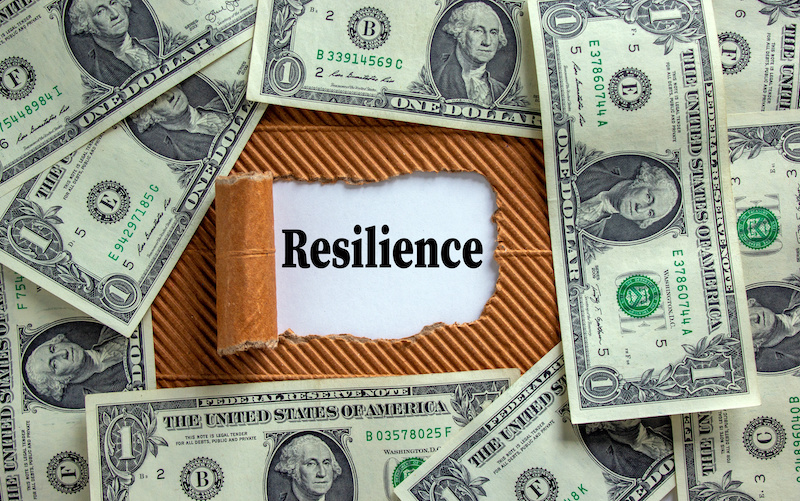Local News Determines the Fate of the Republic
Nancy Beth JacksonApril 29, 2019

Photo stock (Adobe)
Local news can be what happens on your block or in your neighborhood or community, but everyone agrees its coverage has fallen on hard times. It is the victim of revolutionary technologies and floundering economies of what’s now called the legacy media – traditional newspapers, magazines, radio and TV.
The Knight Foundation, born of legacy media, has sponsored national media forums annually for a dozen years to lament and examine local news coverage, because it contends the decline threatens to unravel the very fabric of our democracy.
At the 2019 Media Forum, held in Miami this winter, Alberto Ibarguen, Knight Foundation president and former Miami Herald publisher, put it plainly:
“We’re here today because the way we inform ourselves is insufficient to meet the demands of our democratic republic. If you do not have a reliably informed citizenry, you will not have a functioning democracy. It’s that simple.”
This year, however, the discussion did more than lament and examine. Just prior to the conference came the report from the Aspen Institute’s Knight Commission on Trust, Media and Democracy on how to move forward. Moreover, the Knight Foundation announced it was launching a $300 million five-year initiative – twice its previous commitment – to revitalize local news and encourage other nonprofits to join in helping to get “more boots on the ground” in covering local news and rebuilding trust in media.
What is already clear is there are many new models and many new kinds of partnerships that go far beyond having a for-profit news organization toss a newspaper on your lawn every morning or broadcast the 6 o’clock news. Nonprofit organizations big and small are increasingly called upon not only to contribute but also to participate.
“We need to think of local news as fundamentally civic rather than commercial in nature,” said John Thornton, a forum panelist.
Thornton, a venture capitalist, launched the Austin-based Texas Tribune a decade ago, creating the first statewide nonprofit and non-partisan online news organization. Building last year on that successful model, he co-founded the American Journalism Project, employing principles of “venture philanthropy” to jumpstart nonprofit civic news startups. In February, Knight awarded the American Journalism Project $20 million.
Among the other promising projects Knight funds is Report for America, a national service program to “embed” more reporters with news organizations in underserved communities to up local coverage and rebuild trust between journalists and communities. Formerly, “media” was not faceless, remote and adversarial but the local newspaper, radio station or TV channel, staffed by local journalists.
Back when housing was more Mackle than mansion, Key Biscayne was home to Miami News columnist John Keasler, Miami Herald Latin American correspondent William Montalbano and Miami Herald sports editor Ed Pope, plus television anchors, newspaper editorial writers, local reporters who went on to star at major publications and correspondents for national news magazines. Montalbano, who also wrote novels, several with his Miami Herald colleague Carl Hiaasen, has a bench in his memory in Bill Baggs Cape Florida State Park, which is named for the Miami News editor who was instrumental in creating the sanctuary. They were an integral part of Key Biscayne life; neighbors you might run into at Vernon’s Drugstore or the Keyhole.
In other endeavors in big cities like Philadelphia and Detroit, Knight-funded projects are encouraging news organizations and nonprofits to put collaboration ahead of competition in order to address major community problems like poverty.
Other options include putting journalistic enterprises under the umbrella of community development corporations or having local philanthropic nonprofits assume fiscal sponsorship of media startups, an approach the Key Biscayne Community Foundation recently adopted with the launch of Island Media.
Whatever the approach, such projects help build a sustainable future for local news and information, “reversing years of declining trust and revenues,” said Jennifer Preston, Knight Foundation vice president for journalism.
Next Week: Where does Key Biscayne Fit In?


